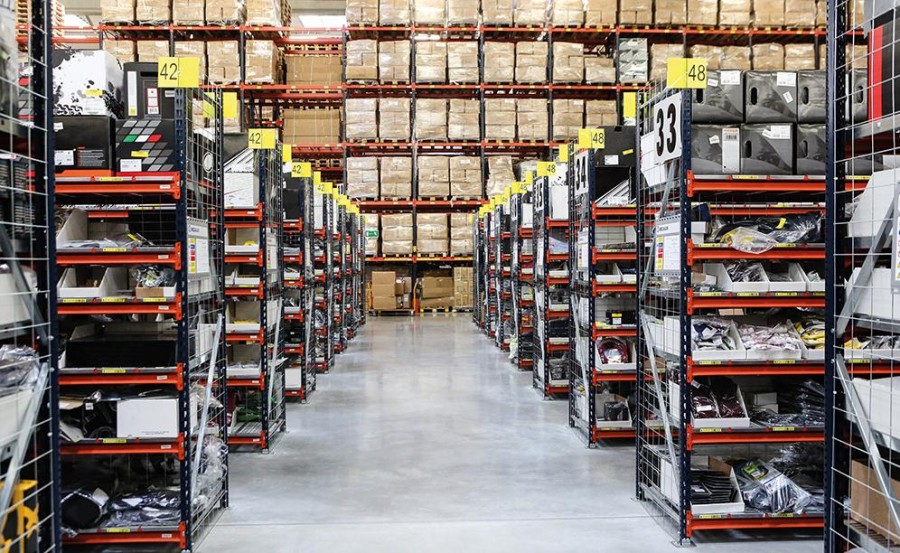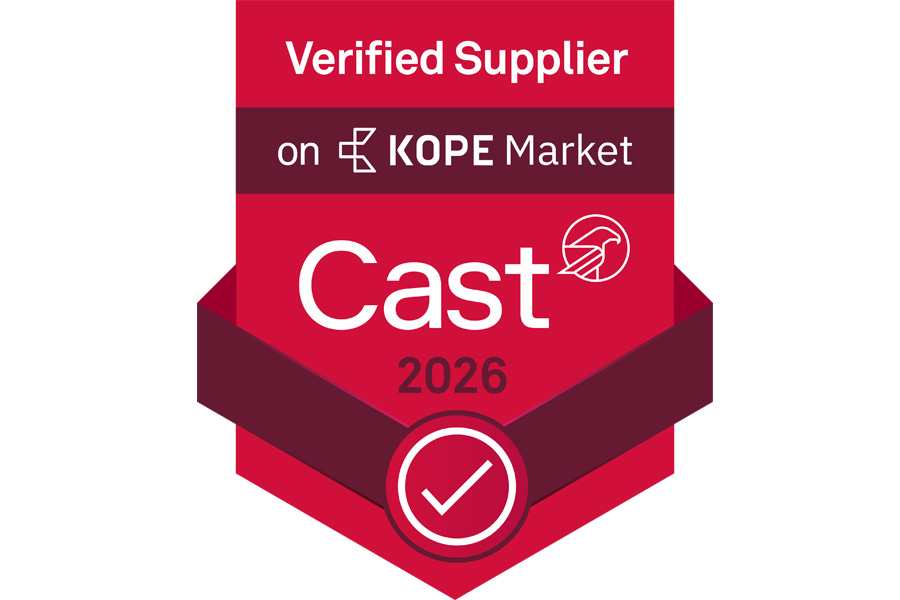The end of the third quarter saw the downturn at UK manufacturers continue.
Output, new orders and employment were all cut back further, amid weaker intakes of new work from both domestic and overseas clients.
Although the outlook for the sector remained positive overall, with 55% of companies expecting growth over the coming 12 months, the level of optimism dipped slightly over the month.
The seasonally adjusted S&P Global / CIPS UK Manufacturing Purchasing Managers’ Index (PMI) posted 44.3 in September, up slightly from August's 39-month low of 43.0, but still among the weakest readings seen over the past 14 years.

All five of the sub-indices comprising the PMI (new orders, output, employment, stocks of purchases and supplier delivery times) were consistent with a weakening of underlying sector performance. September saw manufacturing output decline for the seventh successive month, as companies cut back production in response to lower order intakes.
Demand was impacted negatively by ongoing market uncertainty, the cost-of-living crisis and weak conditions in overseas markets. New export business contracted for the twentieth successive month in September, with reports of lower demand from within Europe, the US, mainland China and Brazil.
The biggest drains on export market conditions were client uncertainty and the subdued global economic situation. That said, the rate of decrease in overseas demand was noticeably slower than in the prior survey month. Data broken down by sector indicated that intermediate goods remained the weakest performing category, seeing the steepest decreases in both output and new business.
That said, consumer and investment goods producers fared only moderately better, with both seeing contractions over the month. The ongoing downturns in output and new orders continued to negatively influence the trends in employment, input purchasing and stock holdings. These mainly reflected concerns about future production requirements, cost considerations and efforts to protect margins and improve cash flow.
September saw manufacturing employment reduced for the twelfth consecutive month and the rate of decline was the second-steepest during that sequence. Job losses were registered across the consumer, intermediate and investment goods industries and at small, medium and large-scale producers. That said, weaker intakes of new work meant that available spare capacity built at factories. Backlogs of work contracted for the seventeenth straight month and at the quickest pace since April 2020.
Purchasing activity was reduced for the fifteenth month running in September, with the rate of contraction close to August's 39-month month high. Weaker demand for raw materials contributed to a further depletion of stocks of purchases, the twelfth in as many months. Stocks of finished goods were also lowered, albeit to a lesser extent than input inventories.
Average supplier delivery times improved for the eighth successive month in September, as supply chains continued to repair following the stresses of recent years. Lower demand for raw materials also contributed. Weaker demand for raw materials led to a further decrease in input costs during September. The rate of decline remained close to August's 91-month record. There were a wide range of inputs reported as down in price, including energy and metals. Average selling prices, in contrast, rose for the first time in four months.
Rob Dobson, Director at S&P Global Market Intelligence, said: “September saw the manufacturing sector still mired in contraction territory, as weak conditions at home and abroad hit new order intakes and led to a further scaling back of production volumes. The cost-of-living crisis and recent rapid rise in interest rates are taking their toll, according to producers, raising the possibility of the broader UK economy slipping back into contraction during the second half of the year.
“The downturn is being felt throughout the manufacturing sector, with demand falling from both households and businesses. The resulting rise in caution at manufacturers is driving risk aversion and shifting their focus towards margin protection and cost control, highlighted by further cuts in employment, purchasing and inventories. These all point to companies battening down the hatches in expectation of stormy conditions ahead.
"There was slightly better news for producers on the price front, as a mix of lower costs and rising selling prices aided margin protection efforts. However, with oil prices on the rise, the environment may become less disinflationary in the coming months.”
Dr John Glen, Chief Economist at the Chartered Institute of Procurement & Supply, said: “Uncertainty in the market and low demand resulted in a difficult end to the quarter for the manufacturing sector, with today’s results putting paid to any hope that falling inflation was a sign of better things to come.
“A subdued global economy and a continued cost-of-living crisis in the UK means the industry is facing the dual challenge of low demand both at home and abroad. New orders and new export business fell in September, causing output to decline for the seventh successive month.
“There are some small shoots of good news for those looking for grounds for optimism. The drop in demand gave manufacturers space to work through backlogs and build up capacity, while the easing of pressure on supply chains resulted in an improvement in the average supplier delivery times.
“As the Conservative Party gathers in Manchester this week, the manufacturing sector will be looking for policies that can restore business and consumer confidence and help drive back demand.”




















